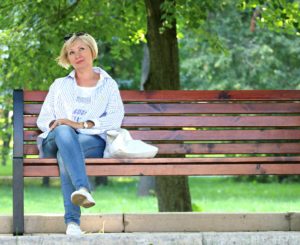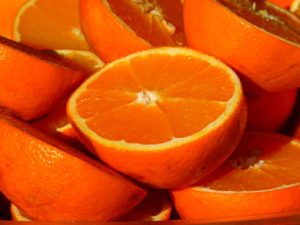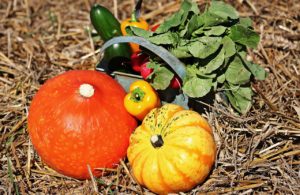YOU and changing depression type thinking into Positive and Inspirational Thinking. The following is from Rick Hanson, Ph.D., a neuropsychologist. He has found that is was much more important for our ancestors to avoid threats than to collect rewards.
Positive and Empowering Thinking
I believe the more that individual thought patterns trend negative and slip into rumination it lasts. And continually turning over a situation in one’s mind and focusing on its negative aspects the easier it becomes to return automatically to these thought patterns. I believe that it is not so great for our health. I have researched that when ruminating can damage the neural structures that regulate emotions, memory, and feelings. And even, when our stress and worry are completely hypothetical and not based on any real or current situation the amygdala and the thalamus. I believe it is not able to differentiate this hypothetical stress from the kind that actually needs to be listened to. I believe that one needs to meditate daily and maintain positive and inspirational thoughts.
Meditating and letting go and exercise and keep moving ahead with my projects have helped me in my daily walk.
In conclusion, everyone has to learn what is best for their brain to keep a positive and motivating mind. Of course, you and I are never going to be happy, inspired, and positive 100% of the time. But, it does take work and a daily program and protocol that we each have and use.
Positive and Empowering Thinking









